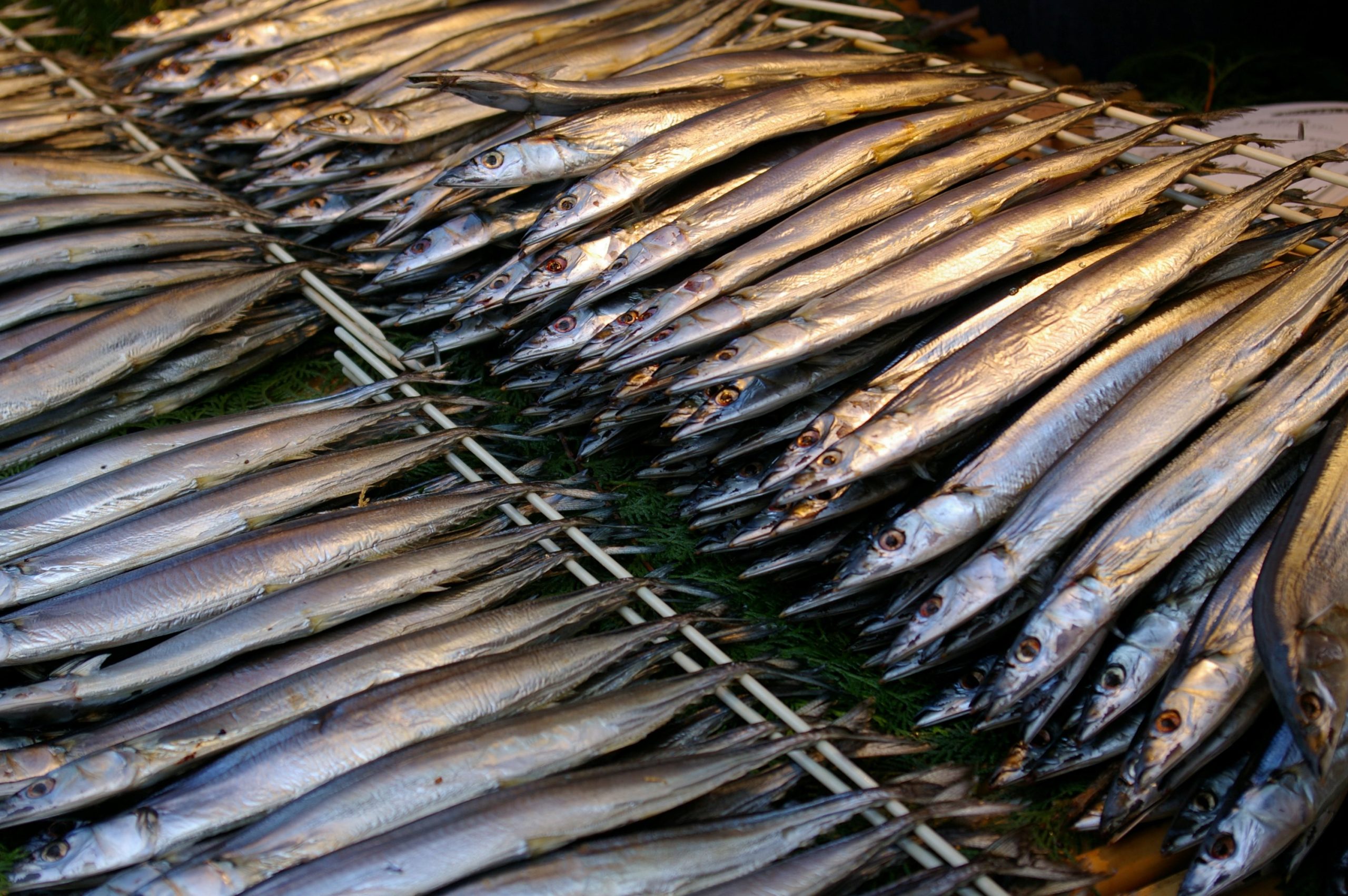27 de septiembre de 2023


Author——————————-
David Gershman
Officer, International Fisheries
✉️
Will the countries catching Pacific saury cooperate to save the fishery?
We received some positive news when members of the North Pacific Fisheries Commission (NPFC) held a dialogue meeting of scientists and managers from Aug. 28-Sept. 2 and made progress in developing an interim harvest control rule (HCR) for Pacific saury, an important stock which remains heavily overfished. From a technical standpoint, there’s no question that an internationally-adopted HCR could be successful. But there’s more work to be done and adopting the HCR requires members to cooperate and potentially compromise to reach an agreement. It will be important for members like Japan to continue to demonstrate their leadership in progressing this work.
First the good news: NPFC members are on their way to developing an interim HCR tested via a short-cut method of Management Strategy Evaluation (MSE). At the meeting, held with some participants in person (myself included) in Vanuatu and others online, we narrowed down some options and filled in gaps to enable a simulation to be run.
On the scientific front, the group agreed the simulation will use three operating models to represent different states of nature: a reference case and two sensitivity cases representing higher and lower levels of stock productivity. Importantly, the group added missing details to quantify the management objectives to recover the stock (prioritized objective), avoid an unsustainable state of the stock after it is recovered (secondary objective) and achieve high and stable catch (tertiary objective).
The group also made choices to narrow down the options that will be tested, agreeing to use a target reference point based on BMSY. At The Ocean Foundation, we continue to urge the members to adopt a target reference point that is 1.2 times BMSY, to preserve saury’s role in the ecosystem as a forage fish and food for other commercial species, like albacore tuna. And, the group narrowed the list of HCR types that will be tested to two: a sliding scale/hockey stick HCR where fishing mortality is adjusted linearly based on estimated biomass (with and without constraints on the maximum change in total allowable catch), and simply for comparison purposes, a constant catch HCR. It’s important to note that sliding scale HCRs are among the most commonly used in fisheries around the world and can be highly successful, as exemplified by those HCRs for north Atlantic and north Pacific albacore tunas, Canadian sablefish and Indian Ocean bigeye tuna.
Given all of this, members of the NPFC should feel confident about their progress. However, they will have to continue to cooperate and compromise, if needed, to keep to their schedule of recommending an interim HCR when the dialogue meeting resumes in January. Then members are tasked with adopting one at the annual Commission meeting in April. The plight of Pacific saury – and its importance to north Pacific food webs and coastal economies – is too critical to postpone action.
After that, it will be key for members to finish the job. After all, the short-term HCR is just the first goal. The Commission must make good on its pledge to develop a management procedure tested via a full MSE that takes into account a wider range of uncertainties. That would really demonstrate members’ commitment to putting the Pacific saury on the path to long-term sustainability that provides a stable and profitable fishery.